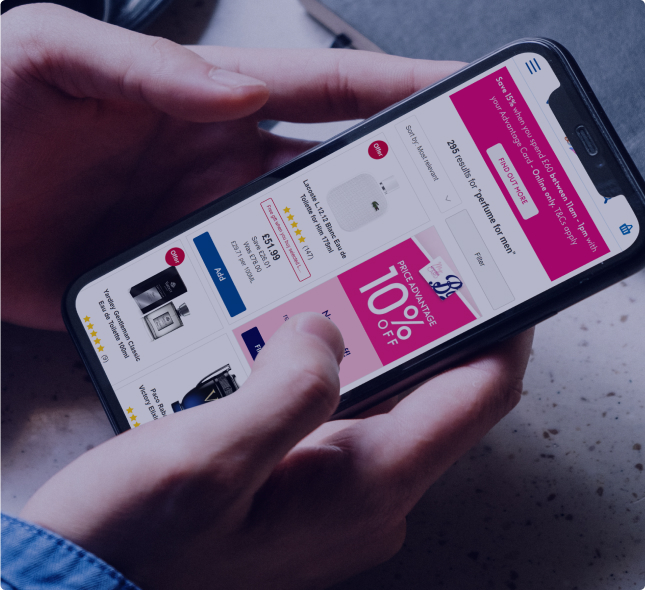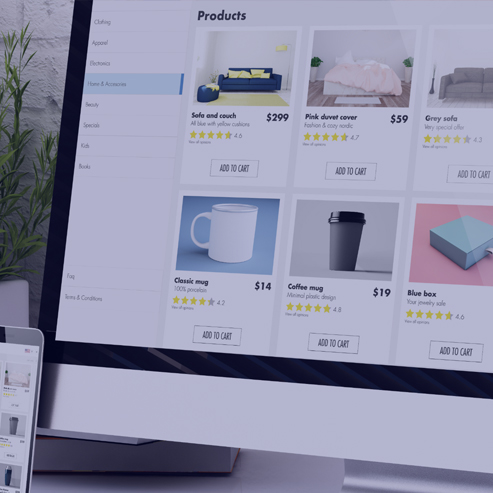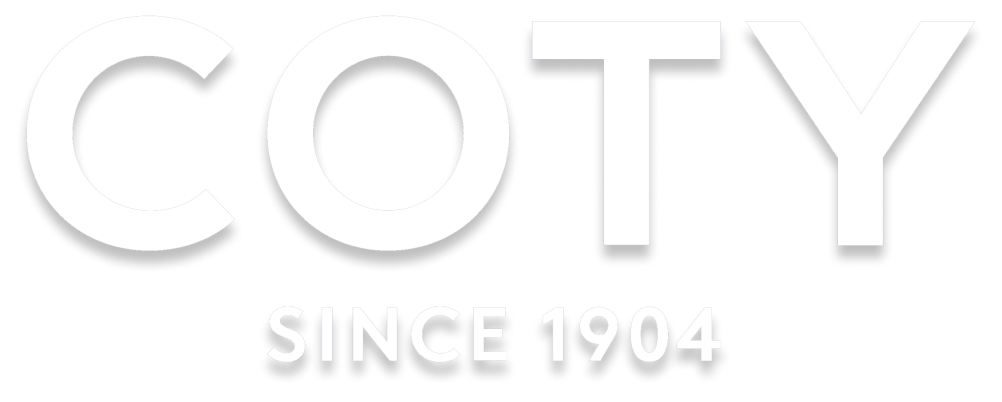Home > Our projects > Coty

Industry
Beauty
Service
Omnichannel development by culture
Industry
Beauty
Service
Omnichannel development by culture
Boosting sales at leading e-retailers worldwide
A BRIEFOVERVIEW
Founded by French perfumer François Coty in 1904, the House of Coty created and established the consumer perfume industry. 120 years later, the company continues this quest for popularity, marketing nearly 80 different brands, occasionally taking on new cosmetics ranges, while also offering a luxury range.
Listed on the New York Stock Exchange, Coty is the world leader in fragrances, as well as number two in professional hair care and coloring products, and number three in color cosmetics.

THECHALLENGE
Coty licenses brands such as Gucci, Hugo Boss, Burberry, Calvin Klein, Marc Jacobs, Adidas, Bourjois and Rimmel.
The company wanted to improve the referencing and conversion rate of these products on the websites of retailers and e-tailers such as Sephora, Marionnaud, Douglas, Flaconi, Boots and other Asian-specific marketplaces or eShops, not forgetting Amazon of course.
Its aim: to increase sales, defend its market share and remain visible in the face of the competition.
THEISSUES
To solve Coty's problem, Datawords began by auditing the best referenced product sheets by retailer and country: texts, keywords, visuals...
- The texts were sometimes too poetic and not SEO-oriented enough. Coty must respect the universe of the various licensed brands, which may exclude or force the use of certain terms.
- Important elements were missing, such as a note from the perfumer or a description of the bottle, explaining the choice of composition or design, or suggestions for use: everyday, at work, in the evening... However, the main competitors, who are better referenced, include these elements.
The challenge for Datawords was to strike a balance between respect for each brand's DNA and efficiency in terms of SEO and e-commerce.

OUR RESPONSE
After creating a digital-optimised master in English from the elements supplied by Coty, the agency set to work, with its SEO experts and specialised copywriters, to to adapt the content to the various target markets and cultures, integrating trends from social listening and ensuring that each entry had a unique text, to avoid duplicate content.
This strategy reflects both Coty's desire to provide each retailer with exclusive content, and the need to adapt to the specificities of each platform. Amazon demands a unique SEO approach: to use different keywords from other platforms, but also longer, more descriptive titles, and to emphasize the overall product benefit more than the brand’s universe.
"A well-known brand in one country may use more generic keywords, while a challenger may adopt a niche strategy. Next, we need to adapt to the specific characteristics of each retailer to make the product sheet stand out on the site's internal searches, but also to improve the referencing of these retailers on the main search engines, country by country", says Frédéric Simon, recalling the investments made by Datawords to master the workings of algorithms specific to Google, Baidu and Amazon.

THERESULTS
Thanks to the referencing strategy implemented by Datawords, Coty recorded a significant increase in sales on indirect distributor sites.
Coty, for example, recorded a 46% increase in sales on the Sephora site in Italy, while Boots.com's Burberry Her product sheet moved up 46 places in Googleresults to 3rd place on the search engine.
Generally speaking, the challenge is to appear in the top 4 results, including on retailers' internal search engines.
"The collaboration with Datawords has been a success, as it has enabled a significant improvement in Coty's natural referencing, while increasing the efficiency of processes, both globally and at the level of each market", writes Florence Barthelemy, VP Indirect eCommerce at Coty.
A BRIEF
OVERVIEW
Founded by French perfumer François Coty in 1904, the House of Coty created and established the consumer perfume industry. 120 years later, the company continues this quest for popularity, marketing nearly 80 different brands, occasionally taking on new cosmetics ranges, while also offering a luxury range.
Listed on the New York Stock Exchange, Coty is the world leader in fragrances, as well as number two in professional hair care and coloring products, and number three in color cosmetics.

THE
CHALLENGE
Coty licenses brands such as Gucci, Hugo Boss, Burberry, Calvin Klein, Marc Jacobs, Adidas, Bourjois and Rimmel.
The company wanted to improve the referencing and conversion rate of these products on the websites of retailers and e-tailers such as Sephora, Marionnaud, Douglas, Flaconi, Boots and other Asian-specific marketplaces or eShops, not forgetting Amazon of course.
Its aim: to increase sales, defend its market share and remain visible in the face of the competition.
THE
ISSUES
To solve Coty's problem, Datawords began by auditing the best referenced product sheets by retailer and country: texts, keywords, visuals...
The agency then identified two problems:
- The texts were sometimes too poetic and not SEO-oriented enough. Coty must respect the universe of the various licensed brands, which may exclude or force the use of certain terms.
- Important elements were missing, such as a note from the perfumer or a description of the bottle, explaining the choice of composition or design, or suggestions for use: everyday, at work, in the evening... However, the main competitors, who are better referenced, include these elements.
The challenge for Datawords was to strike a balance between respect for each brand's DNA and efficiency in terms of SEO and e-commerce.

OUR
RESPONSE
After creating a digital-optimized master in English from the elements supplied by Coty, the agency set to work, with its SEO experts and specialized copywriters, to adapt the content to the various target markets and cultures, integrating trends from social listening and ensuring that each entry had a unique text, to avoid duplicate content.
This strategy reflects both Coty's desire to provide each retailer with exclusive content, and the need to adapt to the specificities of each platform. Amazon demands a unique SEO approach: to use different keywords from other platforms, but also longer, more descriptive titles, and to emphasize the overall product benefit more than the brand’s universe.


"A well-known brand in one country may use more generic keywords, while a challenger may adopt a niche strategy. Next, we need to adapt to the specific characteristics of each retailer to make the product sheet stand out on the site's internal searches, but also to improve the referencing of these retailers on the main search engines, country by country", says Frédéric Simon, recalling the investments made by Datawords to master the workings of algorithms specific to Google, Baidu and Amazon.

THE
RESULTS
Thanks to the referencing strategy implemented by Datawords, Coty recorded a significant increase in sales on indirect distributor sites.
Coty, for example, recorded a 46% increase in sales on the Sephora site in Italy, while Boots.com's Burberry Her product sheet moved up 46 places in Google results to 3rd place on the search engine.
Generally speaking, the challenge is to appear in the top 4 results, including on retailers' internal search engines.
"The collaboration with Datawords has been a success, as it has enabled a significant improvement in Coty's natural referencing, while increasing the efficiency of processes, both globally and at the level of each market", writes Florence Barthelemy, VP Indirect eCommerce at Coty.

The product pages are of the utmost importance! Optimizing it will improve your e-commerce performance, whether you're with DTC or an e-retailer. It's a shame to devote budgets to digital advertising to attract traffic to your listings, without succeeding in conversion afterwards."
European Sales Director
Datawords








































